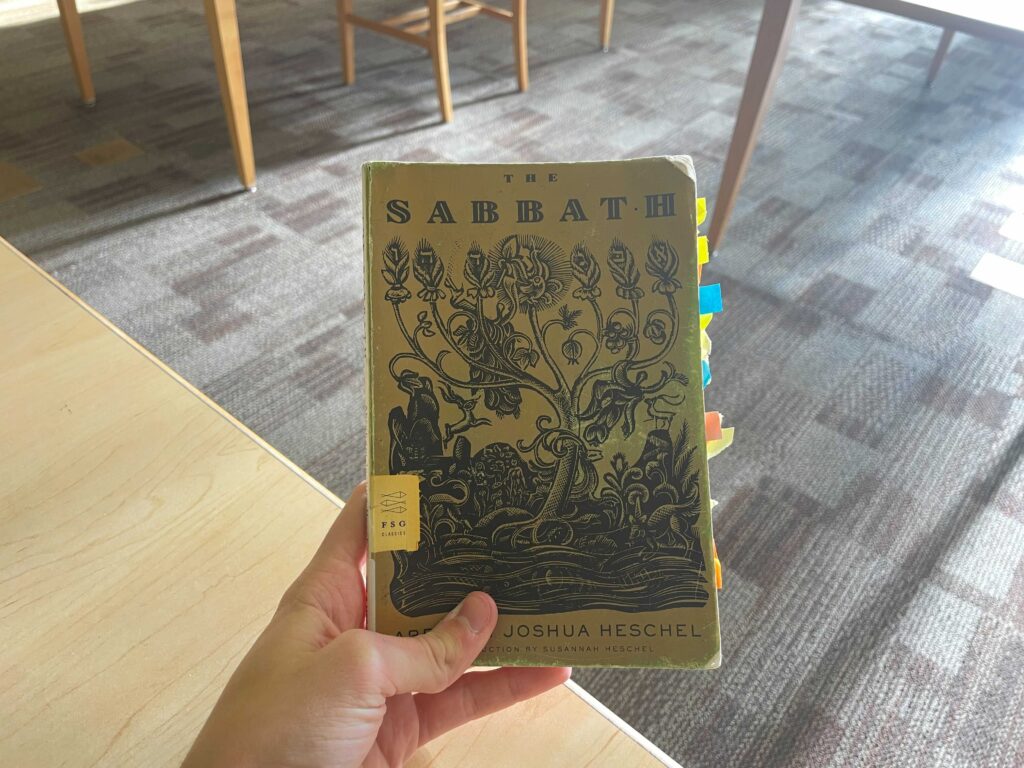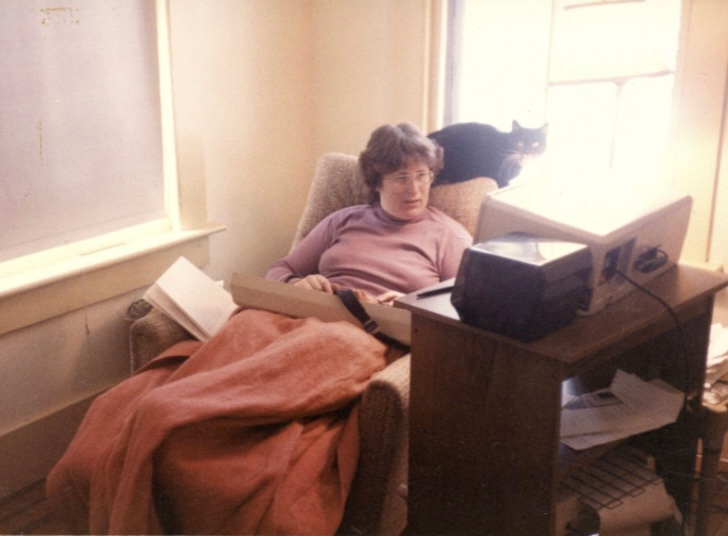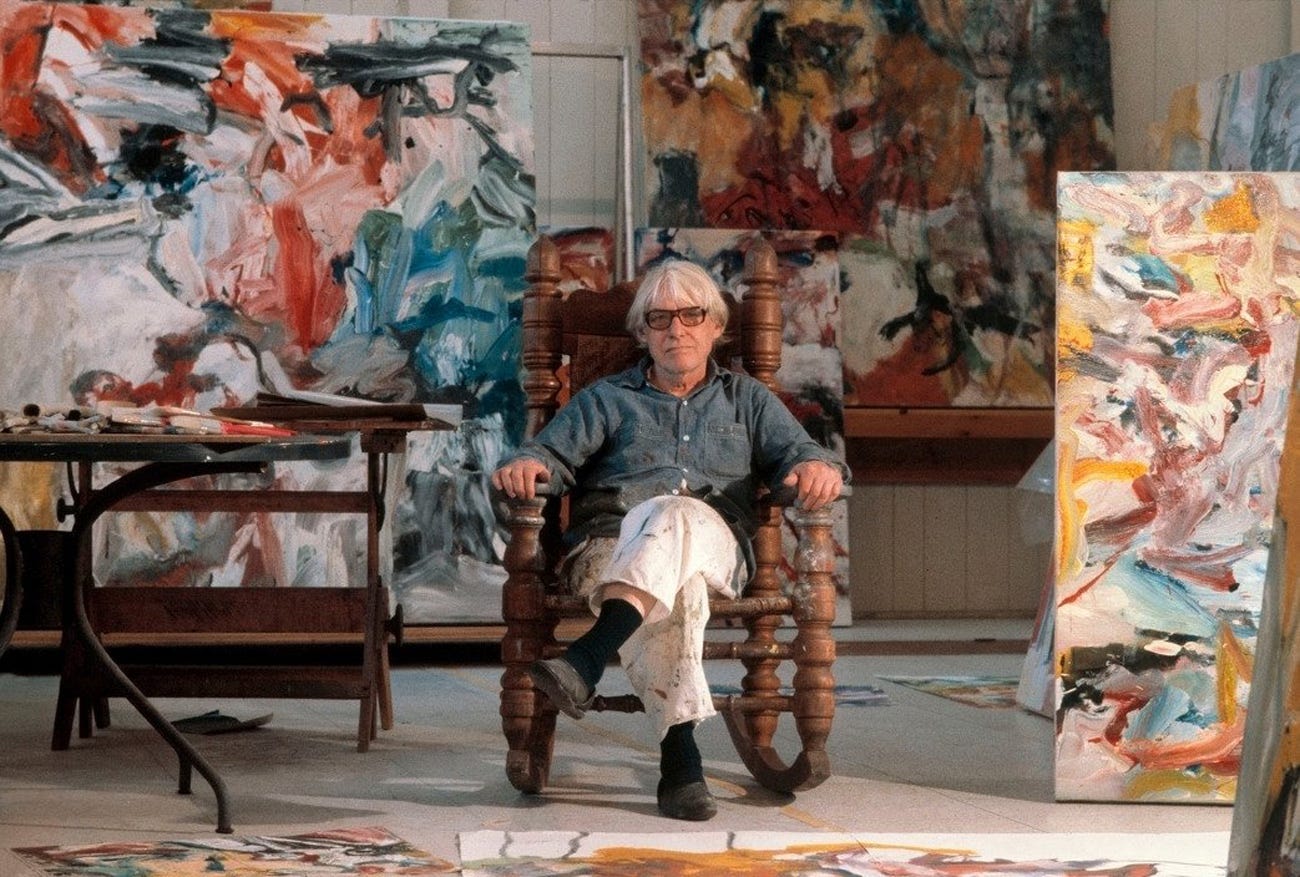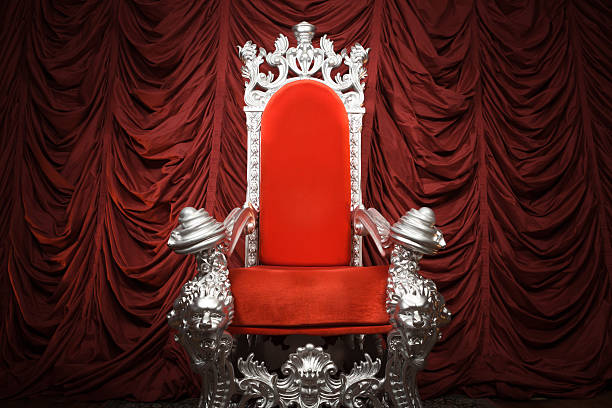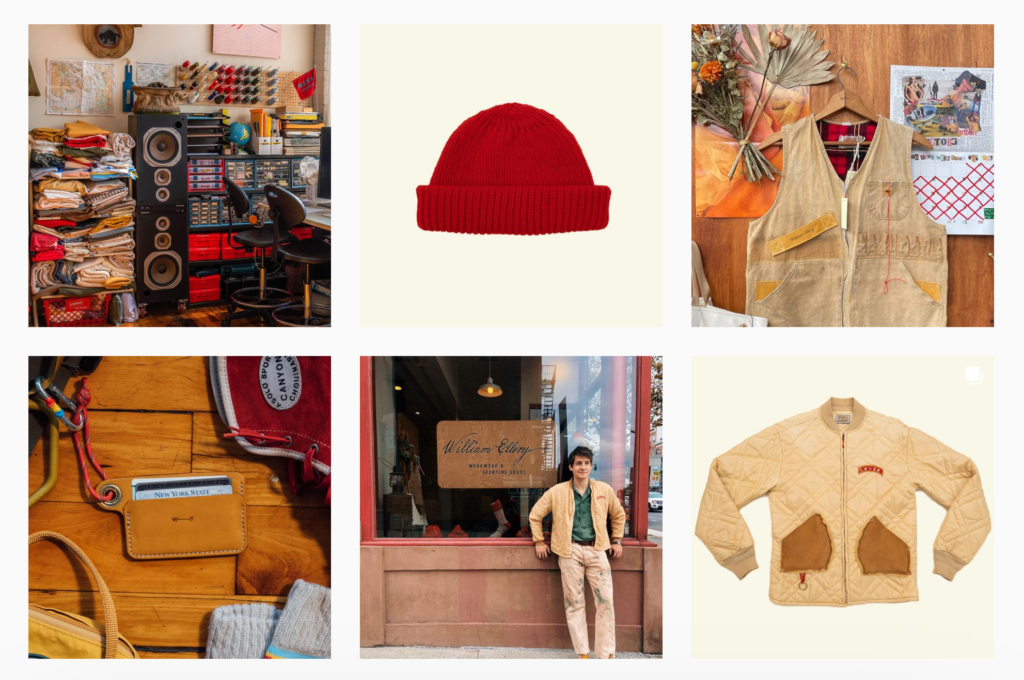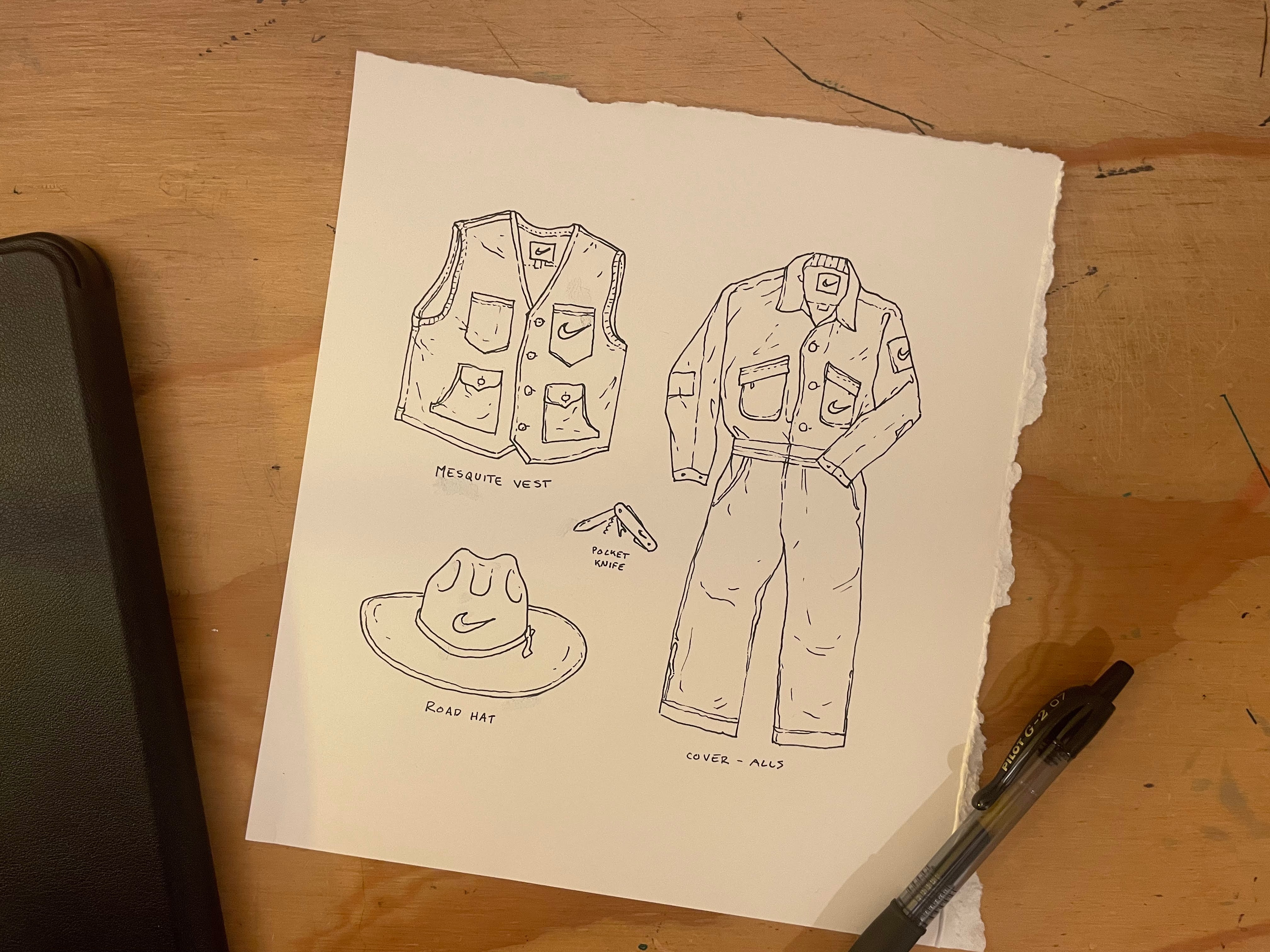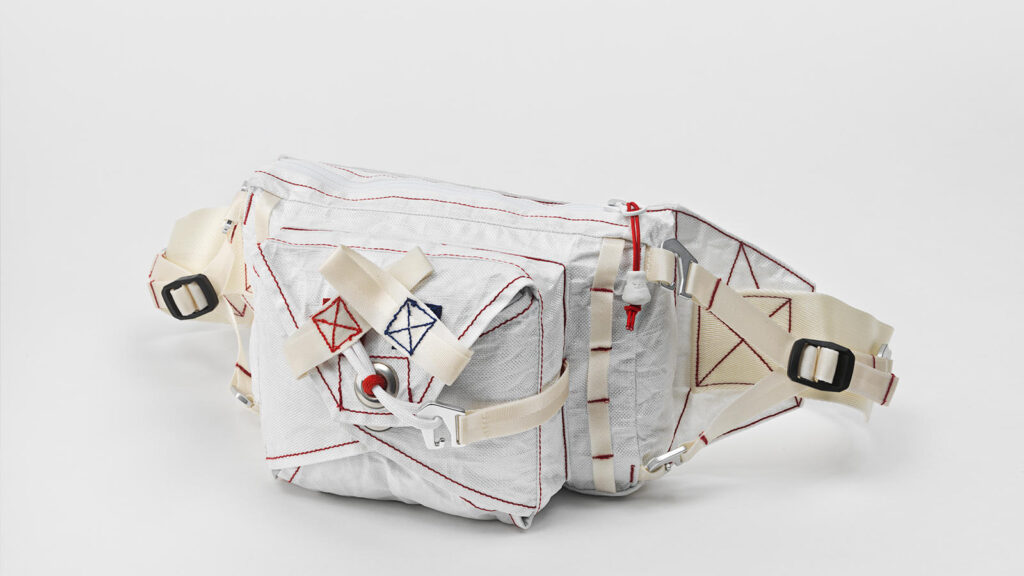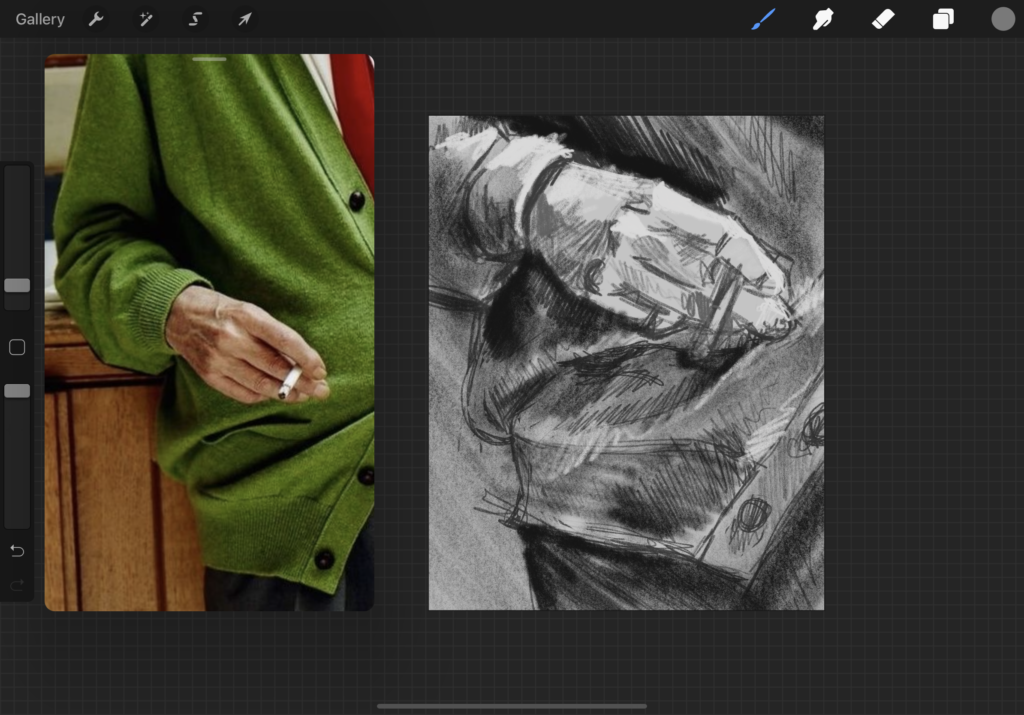
“We, for every kind of reason, good and bad, are distracting ourselves into spiritual oblivion. It is not that we have anything against God, depth, and spirit. We would like these! It is just that we are habitually too preoccupied to have any of these show up on our radar screens. We are more busy than bad. More distracted than non spiritual, and more interested in a movie theater, the sports stadium and the shopping mall, and the fantasy life they produce in us, than we are in Church.”
“What you give your attention to is the person you become. Put another way, the mind is the portal to the soul, and what you fill your mind with will shape the trajectory of your character. In the end, your life is no more than the sum of what you gave your attention to.”
“Hurry is not just a disordered schedule, hurry is a disordered heart.”
“We’re mortal, not immortal. Finite, not infinite. Image and dust. Potential and limitations. One of the key tasks in our apprenticeship to Jesus is living into both our potential and our limitations. There’s a lot of talk right now about reaching your full potential, and I’m all for it. Step out, risk it all, have faith, chase the dream God put in your heart, become the technicolored version of who you were made to be. But again, that’s only half the story. What you hear very little of, inside or outside the Church, is accepting your limitations.”
“Limitations aren’t all bad. They’re where we find God’s will for our lives.”
“If you want to experience the life of Jesus, you have to adopt the lifestyle of Jesus.”
“Jesus was rarely in a hurry. Can you imagine a stressed out Jesus?”
“This rootedness in the moment and connectedness to God, other people, and himself, weren’t the byproducts of a laid-back personality or pre-WiFi world, they were the outgrowths of a way of life. A whole new way to be human that Jesus put on display in story after story. After all, this is the man who waited three decades to preach his first sermon, and after one day on the job as Messiah, he went off into the wilderness for 40 days to pray. Nothing could hurry this man.”
“[The gospels] are biographies. I would argue that these stories about the details of Jesus’ life have just as much to teach us about life in the Kingdom as his teachings or miracles or the more major stories of his death and resurrection.”
“Solitude is pretty straightforward. It’s when you are alone, with God, and with your own soul. For clarification, by solitude I don’t mean isolation. The two are worlds apart. Solitude is engagement, isolation is escape. Solitude is safety, isolation is danger. Solitude is how you open yourself up to God, isolation is painting a target on your back for the tempter. Solitude is when you set aside time to feed and water and nourish your soul. To let it grow into health and maturity. Isolation is what you crave when you neglect the former. And solitude, as somber as it sounds, is anything but loneliness. In his masterpiece, Celebration of Discipline, Richard Foster wrote, ‘Loneliness is inner emptiness. Solitude is inner fulfillment.'”
“Sabbath is coming for you. Whether as delight, or as discipline. Maybe that’s why God eventually has to command the Sabbath. Does that strike you as odd? It’s like commanding ice cream or live music or a day at the beach. You would think we would all be chomping at the bit to practice the Sabbath. But apparently, there’s something about the human condition that makes us want to hurry our way through life as fast as we possibly can. To rebel against the limitations of time itself. Due to our immaturity, disfunction, and addiction, God has to command his people to do something deeply life giving. Rest.”
“The important thing is to set aside a day for nothing but rest and worship. Now, often people hear ‘worship’ and think that means singing Bethel songs all day while reading the Bible and practicing intercessory pray. That’s all great stuff, but I mean ‘worship’ in the wide, holistic sense of the word. Expand your list of the spiritual disciplines to include eating a burrito on the patio, or drinking a bottle of wine with your friends over a long, lazy dinner… Anything to index your heart to grateful recognition of God’s reality and goodness.”
“‘Persons who meditate become people of substance, who have thought things out and have deep convictions. Who can explain difficult concepts in simple language. And have good reasons behind everything they do.”
“Our days of pain are the building blocks of our character. Our crucible of Christ-likeness. I rarely welcome them, I’m not that far down the path, not yet, but I accept them. Because my rabbi teaches that happiness isn’t the result of circumstances, but of character and communion. So whether it’s a good day, or a not-so-good day, either way, I don’t want to miss the moment. If it’s true that goodness and mercy follow me all the days of my life, how many days do I miss that goodness in my helter-skelter race to cram it all in before sunset?”
“‘Make it your ambition to lead a quiet life.'”
